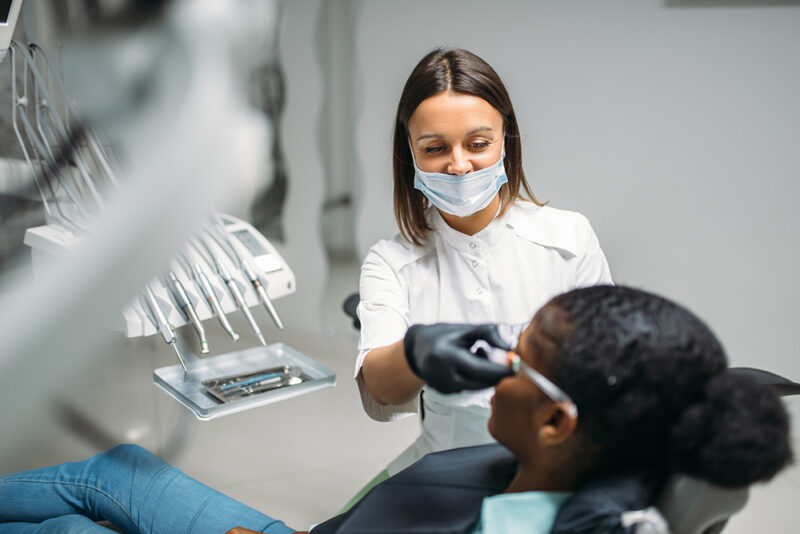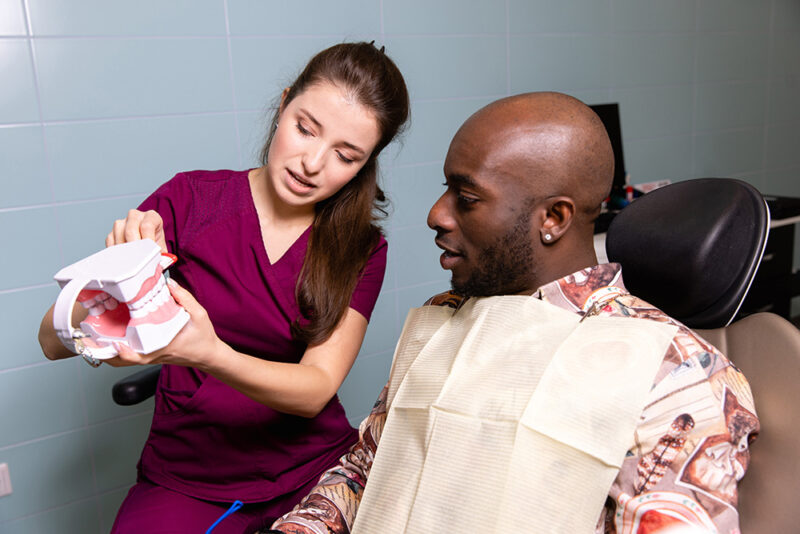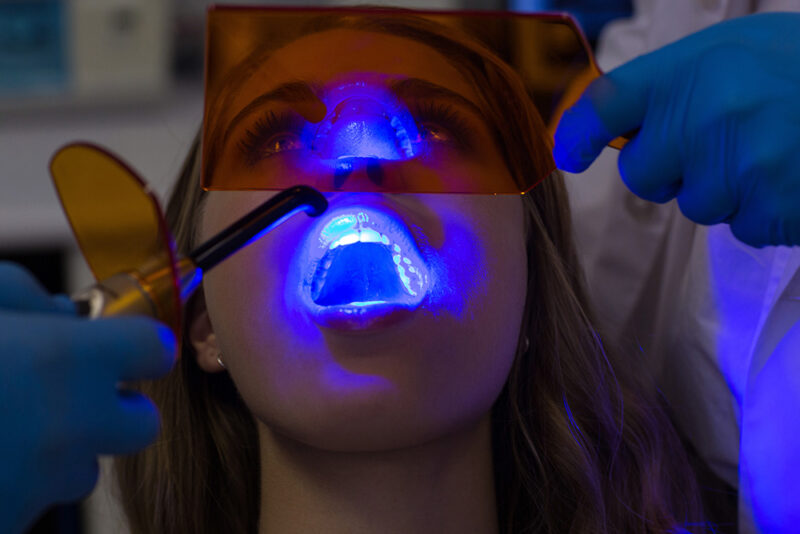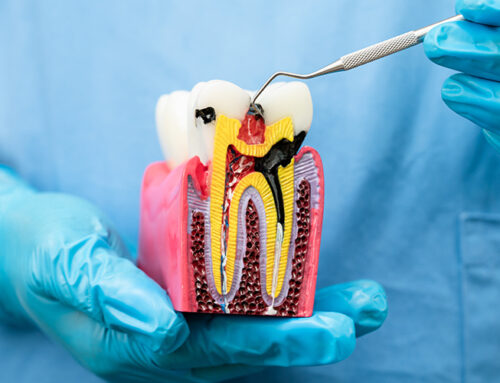Dental emergencies can happen at any time and often when you least expect them. Whether it’s a sudden toothache, a knocked-out tooth, or a broken crown, knowing what steps to take can make a significant difference in your outcome. In this guide, we will discuss the essential actions to take during a dental emergency and how to find the right emergency dental care in Grand Rapids, MI, Albany, NY, or Mississauga.
What is a Dental Emergency?
A dental emergency is any oral health issue that requires immediate attention to save a tooth, stop bleeding, or alleviate severe pain. Here are some common dental emergencies:
- Severe toothache
- Knocked-out tooth
- Broken or cracked tooth
- Lost filling or crown
- Abscess or severe infection
Recognizing these situations and acting quickly can help prevent further complications and preserve your oral health.
Immediate Steps to Take

Severe Toothache
A severe toothache can be debilitating and usually indicates an underlying issue such as an infection or cavity. Here’s what you should do:
- Rinse Your Mouth: Use warm water to rinse your mouth thoroughly.
- Floss: Gently floss around the sore tooth to remove any food particles or debris.
- Pain Relief: Take over-the-counter pain relievers like ibuprofen to reduce pain and inflammation. Avoid placing aspirin directly on the gums as it can cause burns.
- Cold Compress: Apply a cold compress to the outside of your cheek to help reduce swelling.
Knocked-Out Tooth
A knocked-out tooth is one of the most urgent dental emergencies. Acting quickly can increase the chances of saving the tooth:
- Handle with Care: Pick up the tooth by the crown (the top part), avoiding the roots.
- Rinse Gently: Rinse the tooth with water if it’s dirty, but do not scrub or remove any attached tissue.
- Reinsert the Tooth: If possible, try to reinsert the tooth into the socket. If this isn’t feasible, place the tooth in a container of milk or saline solution.
- Seek Immediate Dental Care: Contact your dentist immediately. The sooner you get to the dentist, the better the chances of saving the tooth.
Broken or Cracked Tooth
A broken or cracked tooth can be painful and requires prompt attention:
- Rinse Your Mouth: Clean the area with warm water.
- Save the Pieces: Collect any broken pieces of the tooth.
- Cold Compress: Apply a cold compress to the outside of your cheek to reduce swelling.
- Pain Relief: Take over-the-counter pain medication to manage discomfort.
- See Your Dentist: Contact your dentist as soon as possible for an emergency appointment.
Finding Emergency Dental Care

Mississauga
In Mississauga, finding a family dentist who offers emergency dental care is crucial. Many family dentists in Mississauga provide comprehensive services that include emergency care, ensuring that you and your family are covered in case of any dental emergencies.
Preventive Measures
While accidents happen, there are ways to minimize the risk of dental emergencies:
Regular Dental Check-Ups
Regular dental check-ups can help identify and address potential issues before they become emergencies. Aim to visit your dentist at least twice a year for cleanings and examinations.
Protective Gear
If you play sports, wearing a mouthguard can protect your teeth from injury. Custom-fitted mouthguards offer the best protection and comfort.
Avoid Chewing Hard Objects
Avoid chewing on ice, hard candies, or other hard objects that can crack or break your teeth.
Good Oral Hygiene
Maintaining good oral hygiene by brushing twice a day, flossing daily, and using mouthwash can prevent many dental issues that could lead to emergencies.
What to Expect at the Emergency Dental Visit
When you visit the dentist for an emergency, here’s what you can typically expect:
- Assessment and Diagnosis: The dentist will assess your condition and may take X-rays to determine the extent of the problem.
- Pain Management: Immediate steps will be taken to manage your pain and discomfort.
- Treatment Plan: Based on the diagnosis, the dentist will outline a treatment plan. This could include procedures such as fillings, root canals, or extractions.
- Follow-Up Care: The dentist will provide instructions for follow-up care and schedule any necessary appointments for further treatment.
When to Go to the ER

While most dental emergencies can be handled by a dentist, there are situations where you may need to go to the emergency room:
- Severe swelling that affects breathing or swallowing
- Uncontrollable bleeding
- Trauma to the face or jaw
- High fever or signs of a severe infection
In these cases, it’s crucial to seek immediate medical attention.
Conclusion
Dental emergencies can be stressful, but knowing what to do and where to go can make a significant difference. By following the steps outlined in this guide and seeking prompt emergency dental care in Grand Rapids, Toronto, Oakville, Brampton, or Mississauga, you can protect your oral health and prevent further complications. Remember, regular dental check-ups and good oral hygiene are your best defenses against dental emergencies.






